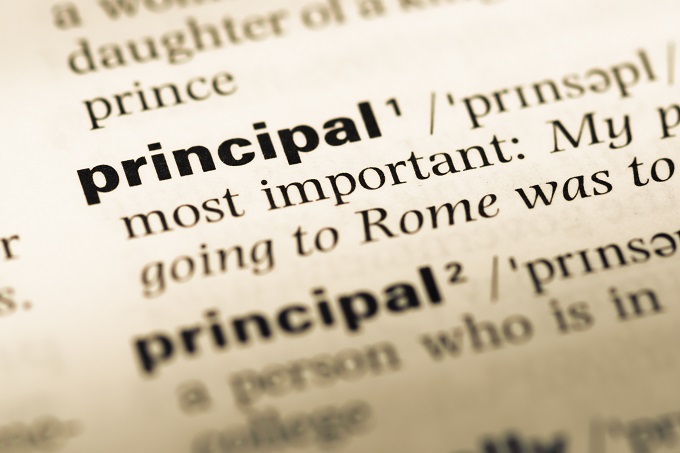Principals’ unmanageable expectations a concern for Trustees

Despite inflammatory language being used in media coverage, NZSTA says it is not suggesting that principals should “be dumped” from school boards of trustees.
According to a new statement by NZSTA, “Boards of trustees value their principal’s contribution and advice. We would not wish to lose that.
“Media reports have apparently been sparked by cherry-picking a 133-page discussion document published by NZSTA last month, which considers system-level questions and issues that need to be addressed during the review, as a means of stimulating informed discussion about the current review. The introduction to the document states that its purpose “…is to provide some relevant background, and to stimulate discussion. …Whether you agree or disagree, it’s the discussion that’s important.”
“Part 3.7 of the discussion paper cites recent research about the increasing unmanageability of the principal’s workload, and identifies some options for addressing this issue within the system review. Those options include refocussing the principal’s role on managing the organisation and being the lead practitioner (the “pedagogical leader” or “head teacher”).
“Presently, principals are not only required to fill these roles, but also governance and administrative responsibilities. If principals’ roles and workloads are to be made more manageable, someone is going to have to do the additional work that principals are currently doing in the extra 20-40 hours per week that they work.
“The original policymakers vastly underestimated the size of the job of running a school as a stand-alone entity, and vastly overestimated the amount of practical support that would be forthcoming to assist principals to do this.
“Two possibilities that might help to achieve this are limiting the principal’s governance responsibilities by requiring them to report to the board and advise them, but not take on other governance responsibilities and limiting their administrative responsibilities by creating an “Executive Officer” -type position in every school for that purpose, such as exists in larger secondary schools.”
NZSTA President, Lorraine Kerr said: “It would be unfortunate if the discussion of possibilities becomes limited to “love it” or “hate it” instead of moving forward to identify other potential ways of addressing the things that we all know we need to do better.
We’ve put forward a couple of ideas. They may be good ones they may be bad ones. We’d like to hear what ideas other people have. If we all pool our ideas and work together to see which ones could work best, we’ll be on the right track.”
“This is not about us getting into an argument about I’m right and you’re wrong. This is about us not being afraid to look at ideas that are uncomfortable, but might still improve things for our children and young people.”
The Ministry of Education is accepting submissions until 8 August and NZSTA encourages everyone to participate. The NZSTA discussion document, called Twenty-first century schools: Using the review of Tomorrow’s Schools to build an education system for the future is available for download from the NZSTA website www.nzsta.org.nz










Principal workload will continue to be an issue as long as we have Boards of Trustees. The best thing for schools today would be to remove Boards or Trustees and replace them with locally appointed school managers (maybe executive officers) who know what they are doing, supporting principals and assisting schools to be successful.
The reality is Principals end up doing most of the extra work in managing the Boards, and members who for the most part do their best, often have limited school teaching experience to bring to the role, are voted on by a minority of the community, get confused between governance vs management, may not represent national priority groups well, and are passed their used by date.
Tomorrow schools aren’t today’s schools, it is time for change.